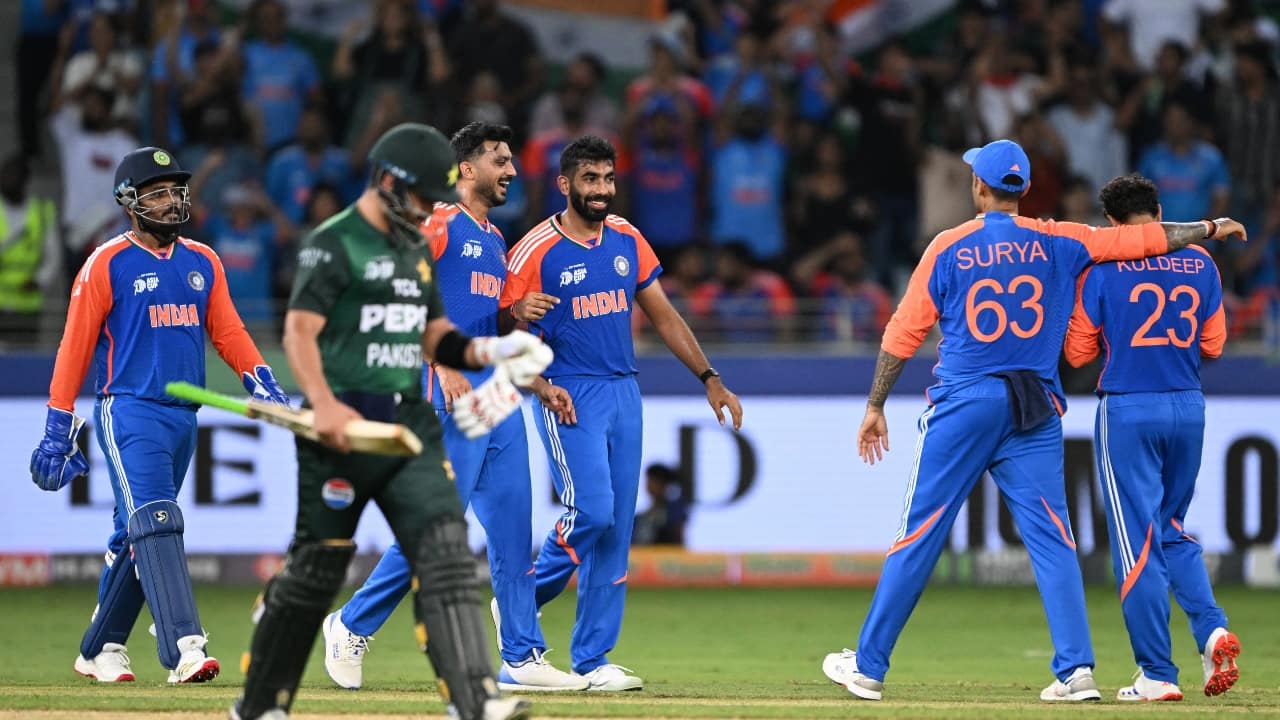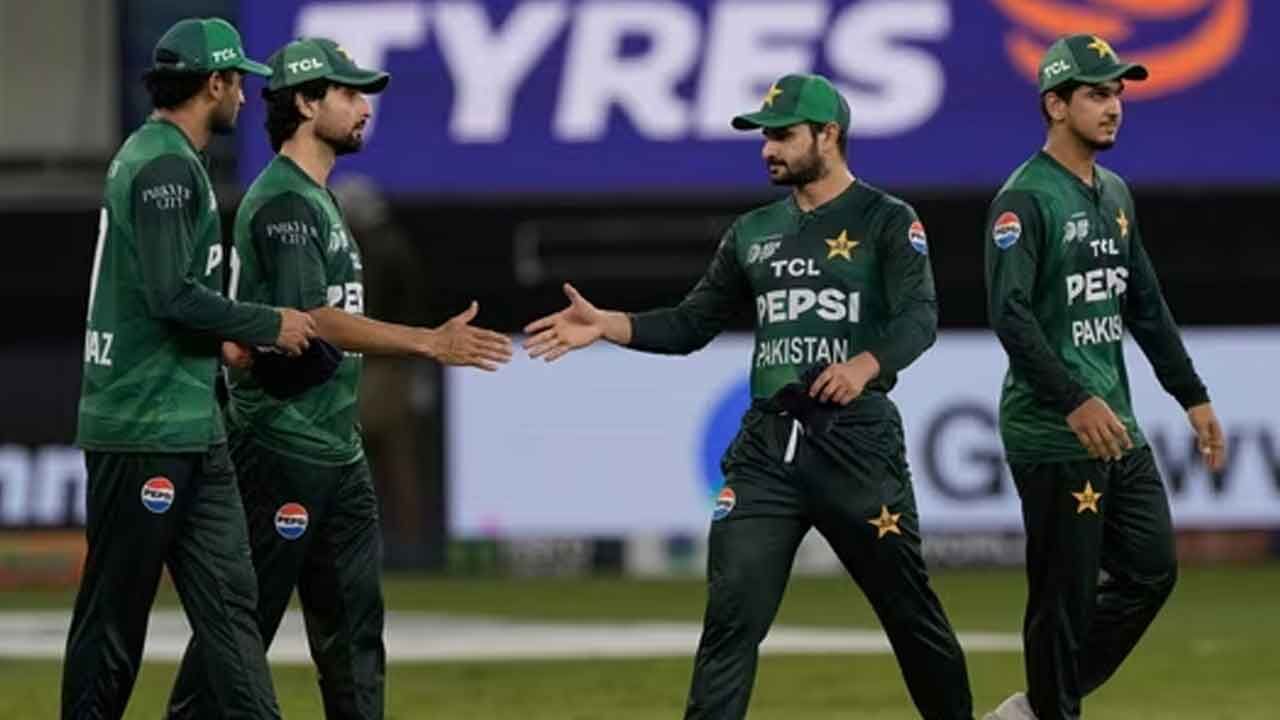Kiren Rijiju explains logic behind India-Pakistan Asia Cup match, counters opposition charge: 'If we don't go ...'

Union minister Kiren Rijiju on Monday defended India’s participation in the Asia Cup clash against Pakistan amid boycott calls from opposition due to hostilities between the two countries since the Pahalgam attack.Speaking to reporters, Rijiju said that India did not play a bilateral match with Pakistan but took part in a multilateral tournament, adding that boycotting such events will harm the country's interests.“As far as this cricket match is concerned, it is not a bilateral game between India and Pakistan. If India does not play in the Asia Cup, then India will be out. The Olympics and the Asia Cup are not for Pakistan; it is for the whole world,” Rijiju said.He added that tournaments such as the Asia Cup, Asian Games, World Cup, and Olympics are multilateral by nature.“India is not playing a bilateral match with Pakistan separately, but tournaments like the Olympics, Asian Games, Asian Championship, World Cup, and Asia Cup are multi-national, multi-lateral, all nations play together, there is no separate game between Pakistan and India,” he explained.Rijiju argued that boycotting multilateral competitions would harm India’s interests, saying: “If we do not go to the Olympics because of our enmity with a country, who will suffer the loss? So, this has to be understood. The sentiment is right, but there should be rational thinking behind the sentiment.”Opposition criticismSeveral opposition leaders had earlier lashed out at the BCCI for not boycotting the match against Pakistan.AAP leader Arvind Kejriwal said that the decision to play Pakistan was “treason against the country,” demanding its immediate cancellation. He also accused the government of mixing “cricket and terrorism.”Shiv Sena (UBT)'s Aditya Thackeray also called for a boycott, accusing the BCCI of “prioritising money over national pride and respect for terror attack victims from Pahalgam.”AIMIM's Asaduddin Owaisi questioned whether “financial gains were prioritised over the sacrifices of Indian victims,” while Congress leader Mumtaz Patel criticized the match as “insensitive towards the families affected by the Pahalgam terror attack.”Amid the political storm, India registered a comfortable seven-wicket win over Pakistan in Dubai. However, the contest was overshadowed by the Indian team’s “No Handshake Policy.”India captain Suryakumar Yadav confirmed the decision was deliberate, saying: “Together, we came here, we took a call and I feel we came here just to play the game. I think we gave the proper reply. Few things in life are ahead of sportsman’s spirit also. We stand with victims of Pahalgam terror attack and dedicate this victory to our Armed Forces.” Head coach Gautam Gambhir echoed the sentiment, noting his long-held stance that “no sporting ties” should exist with Pakistan while terrorism continues on Indian soil.The move sparked criticism from across the border. Pakistan Cricket Board chief Mohsin Naqvi condemned the refusal as “unsportsmanlike,” while coach Mike Hesson and former fast bowler Shoaib Akhtar urged India to keep politics out of cricket.










